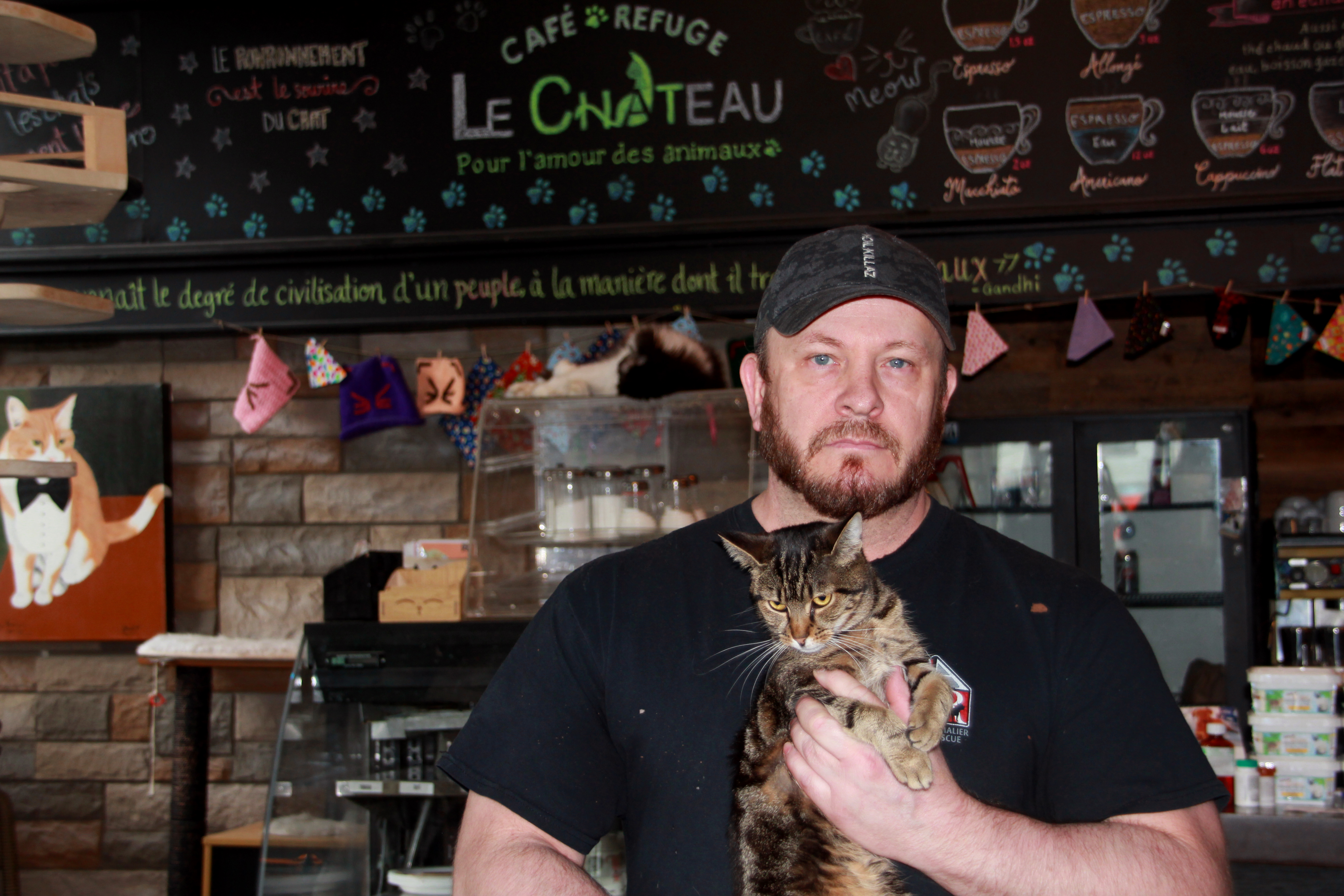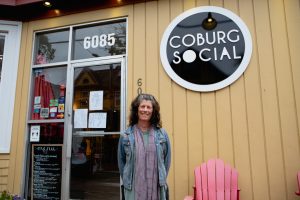Before Nova Scotia put COVID-19 restrictions in place, customers lined up at the door to Mary’s Place Café II for their locally famous garlic fries. As the pandemic became a more serious threat to Canada in March, co-owner Kelly James saw the number of customers entering the diner dwindle.
Mary’s Place initially tried to hold onto customers with takeout options, but when Premier Stephen McNeil declared a provincial state of emergency, the rest of their customers vanished. With little to no income, the restaurant couldn’t keep up with the financial weight of rent, utilities, and keeping the grills running. In mid-March, it closed and has yet to reopen.
James said they considered closing for good, joining the nearly 10% of restaurants that permanently closed across Canada in March.
“It was just a tremendous loss. It went from being able to hold our own to nothing,” James said.
“It was in our best interest to close, as it was costing us more, even in those couple of days, to keep it running.”
In Nova Scotia, the restaurant industry makes up nearly five per cent of the province’s GDP and employs about 32,000 people, according to a spokesperson for the Restaurant Association of Nova Scotia (RANS).
That’s why the association predicted restaurant sales could drop by $1 billion, and up to 500 restaurants could apply for bankruptcy this year.
It’s especially ominous for independent Nova Scotian restaurant owners, who make up 65% of licensed food operators in the province — the highest ratio in Canada, according to RANS.
Full-service restaurants — like Boston Pizza or local diners — have been hit the hardest and will find it most difficult to improve, explains Bruce McAdams, a professor with University of Guelph’s School of Hospitality, Food and Tourism Management.
Unlike fast food restaurants, full-service business models needed to be altered to manage takeout or were forced to close entirely.
In June, Nova Scotia allowed dine-in restaurants to reopen at full capacity with certain restrictions in place, but that doesn’t mean they’ll begin making money.
“It’s not just a matter of opening again and everyone rushing back and it being back to normal, the foreseeable future is going to be insanely uncertain and financially challenging,” said McAdams.
They’ll have to reinvest in stock, retrain staff, and implement certain mandated measures. Physical distancing measures also may restricts owners from meeting full capacity.
That’s all if customers choose to walk through the door.
A survey conducted by Angus Reid Institute, a national poll tracker, alongside Dalhousie University professors found just over half (52 per cent) of respondents plan to avoid eating at some restaurants because of potential health risks.
Of the survey’s 1,500 respondents, 38 per cent said they will likely return to restaurants over the summer, while 33 per cent said they plan to wait until a second wave of infections has passed.
Plans to avoid dining out are detrimental to restaurants, like Mary’s Place, who need increased traffic when they finally reopen to meet increased expenses.
“For the restaurants to open again and follow the restrictions that have been in place it required a lot of financial investment on their part and a lot of work,” said Natasha Chestnut, Restaurant Association of Nova Scotia’s association and marketing administrator.
For Mary’s Place, James says their future is going to come with government support. They applied for Nova Scotia’s Small Business Reopening and Support Grant, provided by the province, and expects to ask for more financial assistance if its offered later this year.
Mary’s Place doesn’t have a reopening date yet, but James is hoping to start dishing out garlic fries as soon as possible.



